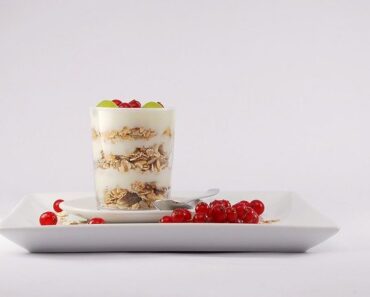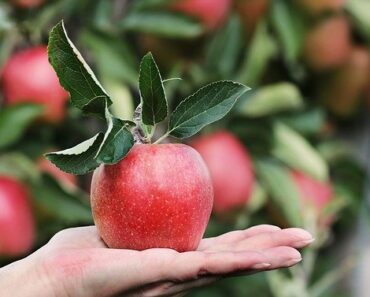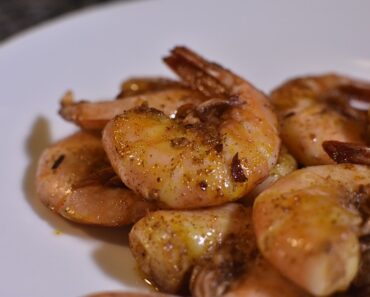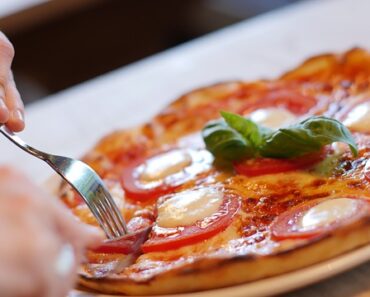There are all kinds of job interviews—the one-on-ones, the group get-to-know-you meetings, the all-day visit that entails bouncing from one office to the next. No matter the kind, there’s a good chance that they all take on the same emotional aura: You’ve got some nerves, some excitement, some paranoia, some confidence, and a whole lot of hope that you will dress the right way, say the right thing—and not sneeze on your interrogator.
Although you’ve done all the prep to make sure you present yourself in the best light (research, wardrobe, practice answers), you can also use food to your advantage.
That’s because certain foods can help keep you sharp, your energy levels high, and give you the juice you need to fire on all cylinders for the duration of the interview.
Use the following food plan to count down to the big moment:
The Morning Of:
You already know to avoid the breath vandalizers like garlic and onions in a morning omelet, but also make sure to avoid simple carbs, too.
A muffin may feel like something you can grab and scarf down, but the simple sugars will cause your energy to spike and dip, something you don’t need when your interviewer asks you to name your three greatest achievements of the last year.
Instead, go for whole grains in your breakfast, like whole grain toast or oatmeal with some fruit, which will yield long-lasting energy. Added bonus: Sprinkle some ground flax on the oatmeal. It’s a wonderful source of alpha-linolenic, a healthy fat that improves the performance of the cerebral cortex.
Flax also contains B vitamins, which can increase your mental alertness, concentration, and focus. As for coffee, moderate amounts are OK, but don’t overdo it. Nobody needs a job candidate jumping over a desk with rah-rah-rah enthusiasm.
Meal Before the Meeting:
You want to make sure to eat about 90 minutes before your interview, if possible. That way, the food will be partially digested, so you won’t be dealing with bloating or stomach issues.
That’s also enough time to give you sustained energy. Aim for a meal with a balance of your three macros—something like a chicken sandwich on whole grain with an avocado slice works well.
If you don’t want too much, try a handful of nuts with a piece of fruit and some coffee.
It’s important to get some protein in there for energy. One Massachusetts Institute of Technology (MIT) study compared people who ate a high-protein breakfast with those who ate a high-carb one. Those eating the high-carb diet had tryptophan levels (that’s the substance that may make you feel sleepy) four times higher than those eating the high-protein diet. (Let’s face it: You don’t want to crash on your interview.)
About 45 Minutes Before:
Have that cup of coffee (hold the cream or go for almond milk). Researchers have found that coffee helps short-term memory, attention, and problem solving. Stick to one or two cups, so you don’t get the jitters upon jitters.
Bring With You: A bottle of water. And it’s not just to make sure your mouth isn’t as dry as laundry lint. Hydration helps with energy and focus.
If you’ve got a long session with multiple meetings (and no meal built in), it’s not a bad idea to bring a bag of nuts—not just for the energy that comes from the protein and fat, but also for the amino acids lysine and arginine. Research has found that they can help reduce anxiety.






